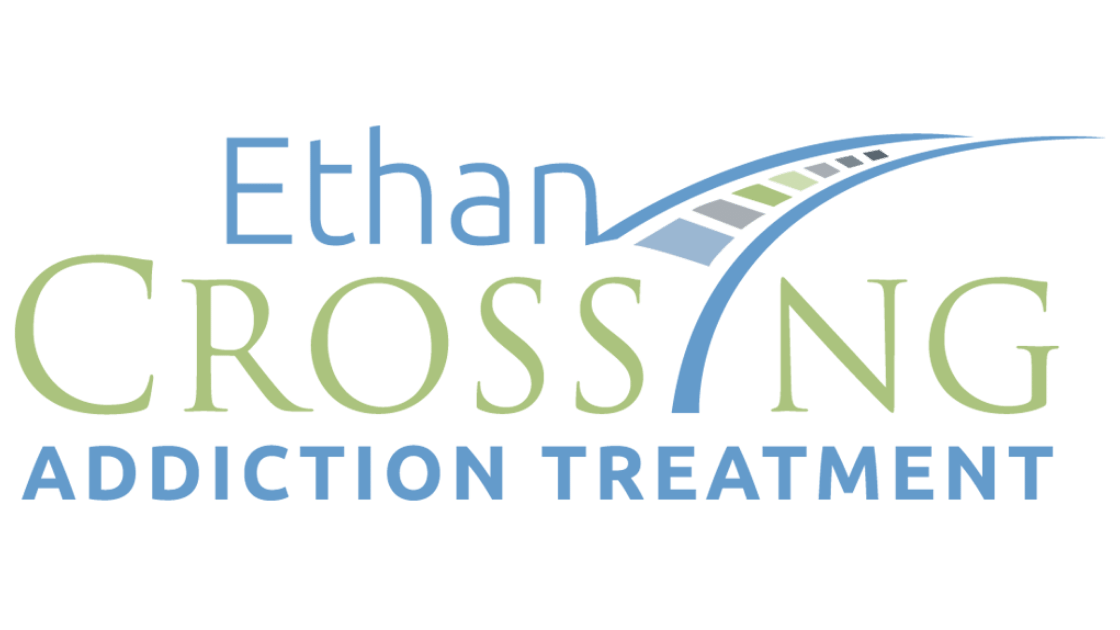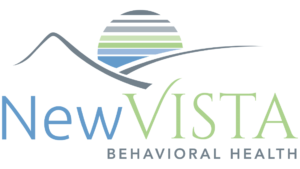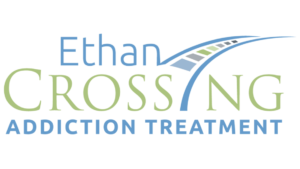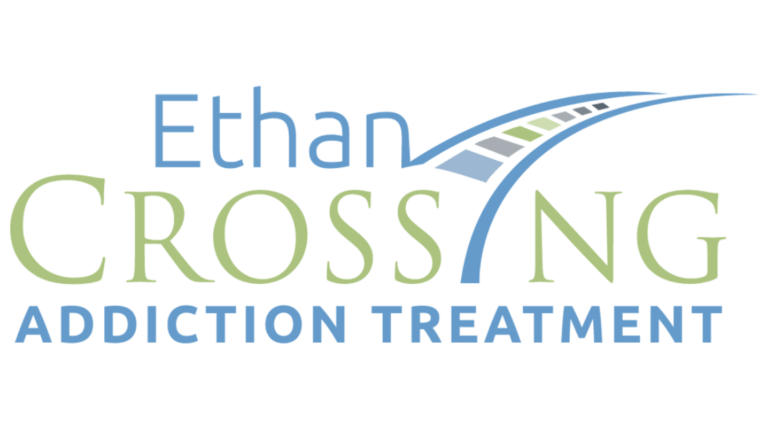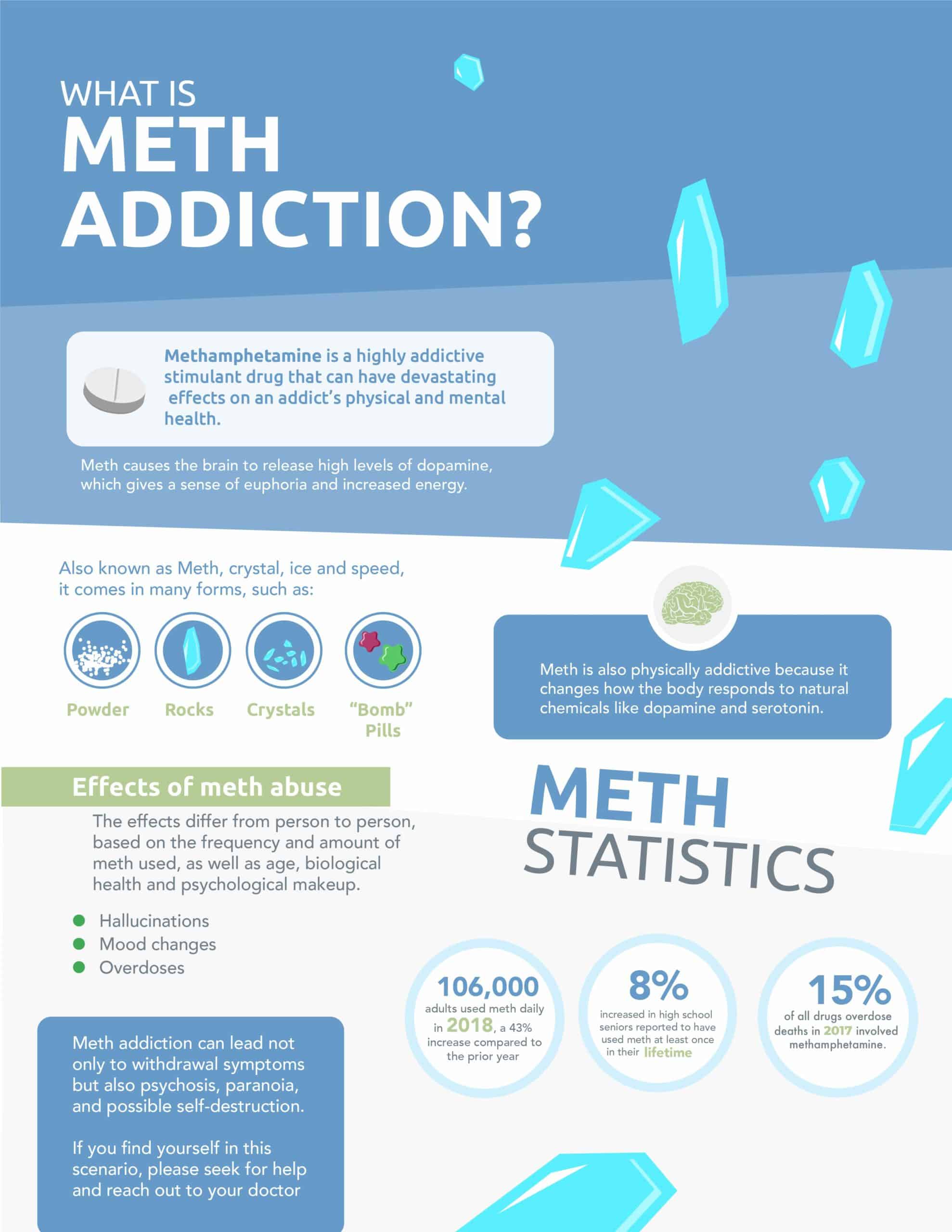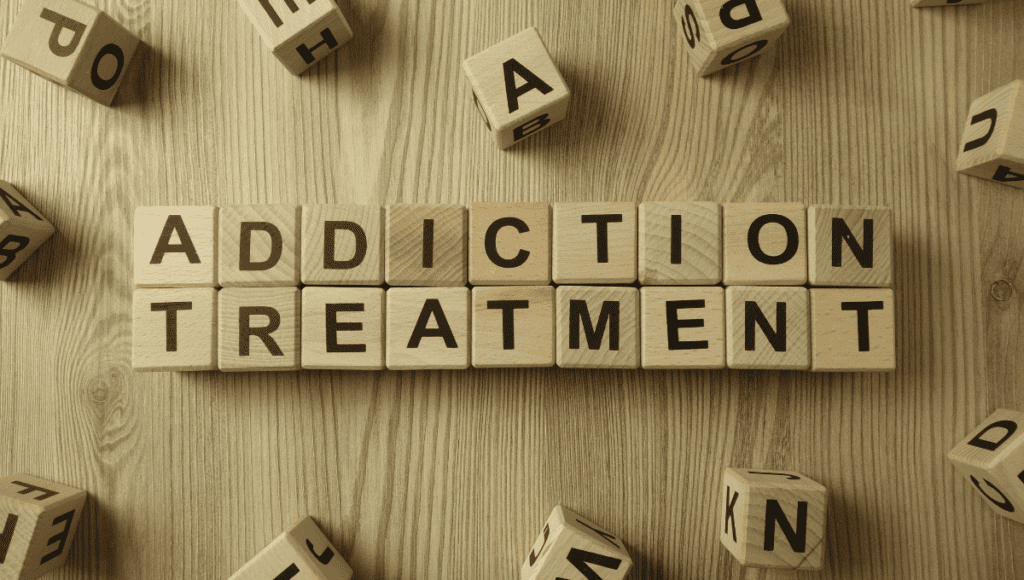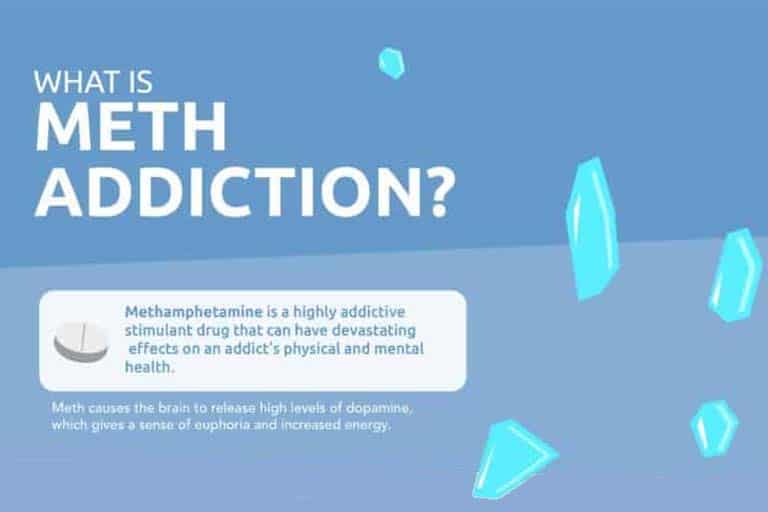Methamphetamines are a highly addictive substance. The chemicals and neurotoxins in meth are damaging to multiple organisms within the body. Individuals that are addicted to methamphetamines are more likely to engage in behaviors that could put them at risk for contracting HIV or HCV.
If you or a loved one are addicted to Methamphetamines, Detox is the first step in the journey to recovery. Getting through the withdrawal symptoms is best done under medical supervision as it can be extremely unpleasant. The medical staff can monitor the patient and give medicines to help them survive it.
Other therapies include:
-
- Psychotherapy
- Group therapy
- Cognitive-behavioral therapy
- Dialectical behavioral therapy
- Yoga therapy
- Support groups, such as the 12 step groups in the area.
Jump To Section
Meth Addiction
Meth is a highly addictive stimulant that can cause addiction in as little as a single use. This is mainly due to the rush of dopamine produced by the drug on its intake, which is the chemical that’s not only responsible for inducing feelings of pleasure, but also for motivation, memory retention, learning, and reward processing. The rush of dopamine produced by meth is much higher than the natural amount of dopamine that is produced in the brain, which causes people to continue using the drug in order to keep those heightened and pleasurable feelings, despite it being for a fleeting moment.
Many individuals who use meth take the drug over a period of several days, staying perpetually high throughout this duration of time. This often leads to the development of tolerance; after taking the drug for a prolonged period of time, a person will require higher and higher doses to feel the same effects as before. The stimulant effects, along with the drug’s affordability, can lead people to quickly become addicted.
Meth Addiction Statistics
Meth addiction statistics have increased at a startling rate over the last decade.
- Over 30,231 overdoses occurred from stimulants
- 106,000 Adults used Meth daily in 2018 a 43% increase compared to the prior year
- 8% of highschool seniors reported to have used meth at least once in their lifetime
- 15% of all drug overdose deaths in 2017 involved methamphetamine.
Meth Effects And Abuse
Similar to crack, meth produces a “rush” when smoked or injected; this is caused by an increase in heart rate, blood pressure, and pleasure-inducing neurotransmitters in the brain. When meth is snorted, it creates a euphoric sensation but not a rush. The rush from injection produces the strongest effects and can last up to 30 minutes. After the initial rush, people using the drug experience a steady high that can last anywhere from 8 to 24 hours depending on the mode of consumption. Meth users are known to stay up for multiple days in a row due to binge use.
Some of the most common effects of meth include:
- Elation
- Hyperactivity
- Talkativeness
- Alertness
- Loss of appetite
- Increased wakefulness
- Irritability
- Agitation
- Paranoia
- Confusion
- Irregular heartbeat
- Anxiety
- Aggression
- Insomnia
- Tremors
- Weight loss
Signs and Symptoms of a Meth Addiction
Only a physician can diagnose a substance use disorder, but there are various signs, symptoms, and side effects of meth use. To be diagnosed with a stimulant use disorder, you would have to demonstrate at least 2 of the following symptoms within a 1-year period of using the substance:
- Experiencing strong cravings for meth.
- Having trouble completing what needs to be done at home, school, or work.
- Inability to stop using meth, even after it has caused or worsened physical, mental, or interpersonal issues.
- Quitting or cutting back on hobbies to use meth.
- Spending a lot of time getting or using meth or crashing after a binge.
- Taking more meth or using it for longer than planned.
- Using meth in situations that can be dangerous, such as while driving.
- Want to cut back or stop using but are unable to.
- Developing a tolerance to the effects of meth, where you need to use more to feel the same effects.
- Experiencing withdrawal symptoms when you stop using meth.
Meth Addiction Treatment & Rehab
Various forms of effective treatment are available to those with an addiction to meth, and the best meth treatment options depend on each individual. The majority of people who are addicted to meth will go through withdrawal, and medical detox is from meth is the first step prior to comprehensive treatment. Stimulant withdrawal is typically less physically dangerous than withdrawal from some other substances, such as alcohol, opioids, and sedatives. However, methamphetamine withdrawal can produce seizures in some people with other potential dangers including suicidal ideation and the risk of overdose upon relapse.
It generally takes about a week for these symptoms to go away, but the timeline for each person’s withdrawal symptoms may vary. Detox should be followed by other forms of treatment that address the behavioral and cognitive issues associated with addiction.
Treatment can take place in several different settings. Inpatient rehab or residential treatment occurs when you stay at a facility around the clock while receiving counseling and support. Outpatient treatment allows you to live at home and attend pre-scheduled appointments with varying levels of intensity, depending on your needs and progress in treatment.
Therapy for a Meth Addiction
Behavioral therapy is effective in treating meth addiction. Some behavioral therapy techniques that are commonly used in treatment may include:
- Cognitive-behavioral therapy (CBT), a treatment to prevent relapse by increasing awareness of high-risk situations, developing coping skills, changing harmful behaviors, and managing cravings.
- Contingency management interventions/motivational incentives, in which tangible rewards reinforce positive behaviors such as attending treatment sessions and not using. As you stay sober, the rewards may increase in value.
- The Matrix Model, incorporates behavioral therapy, individual therapy, family therapy and education, encouragement to participate in 12-step meetings, drug testing, and positive reinforcement of desirable behaviors such as avoiding substance use and attending treatment.
Sources
- Meth Addiction
- Physical Signs Of Meth Use
- Long-Term Effects Of Methamphetamine Misuse
- Source: The Multiple Cause of Death data are produced by the Division of Vital Statistics, National Center for Health Statistics (NCHS), Centers for Disease Control and Prevention (CDC), United States Department of Health and Human Services (US DHHS).
